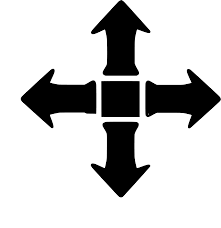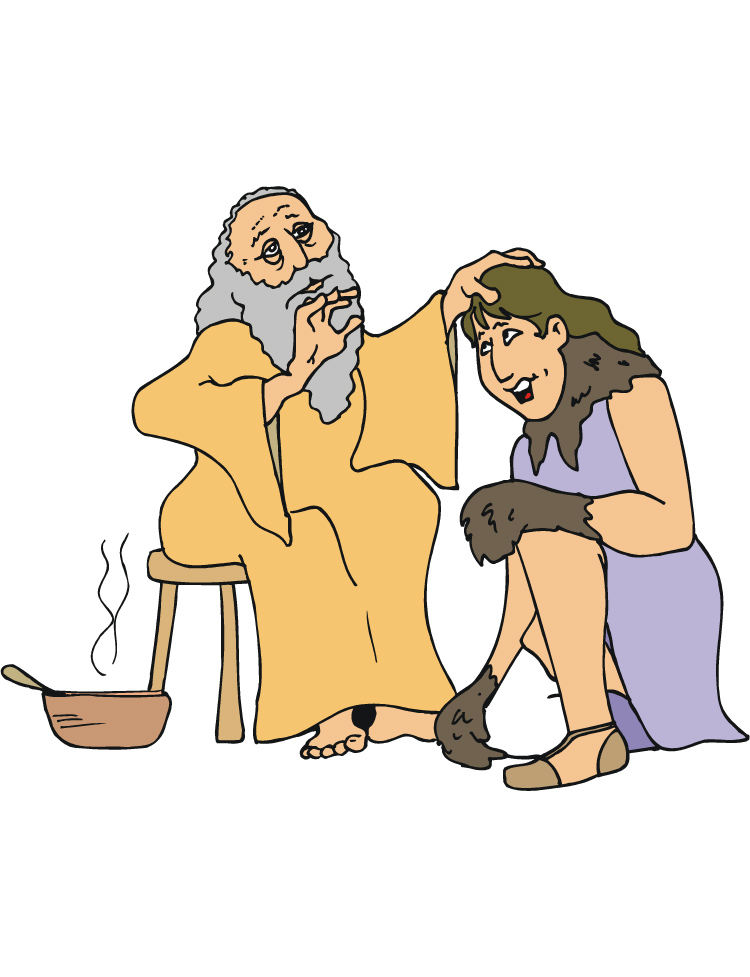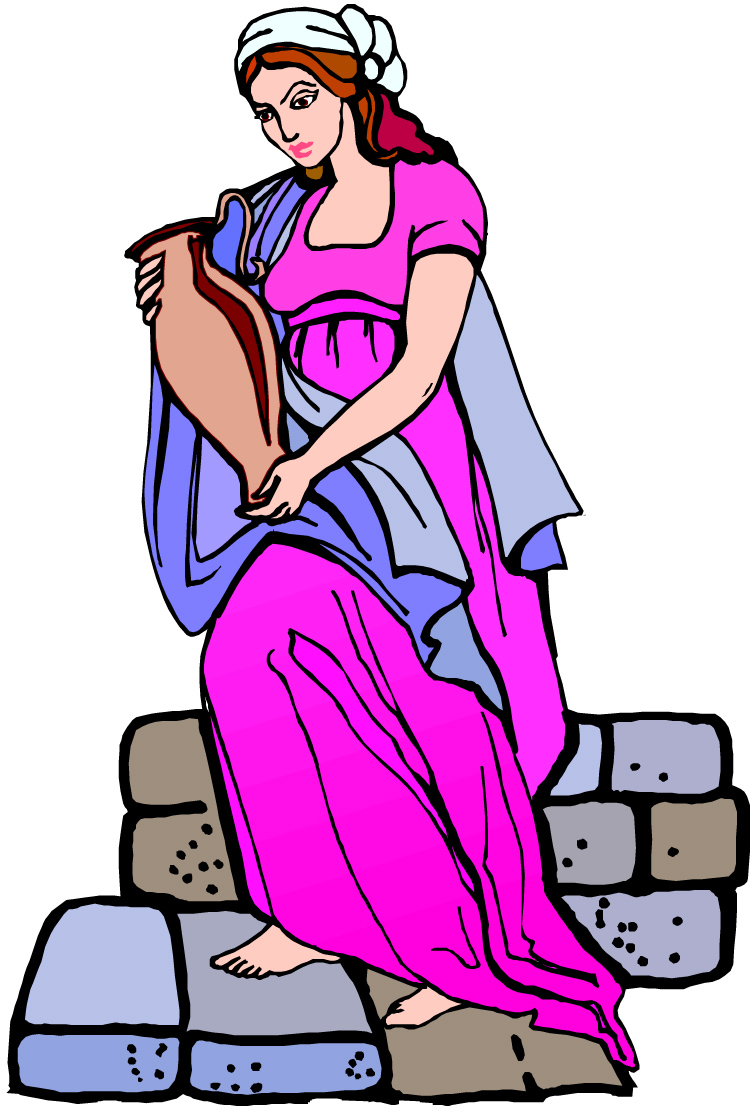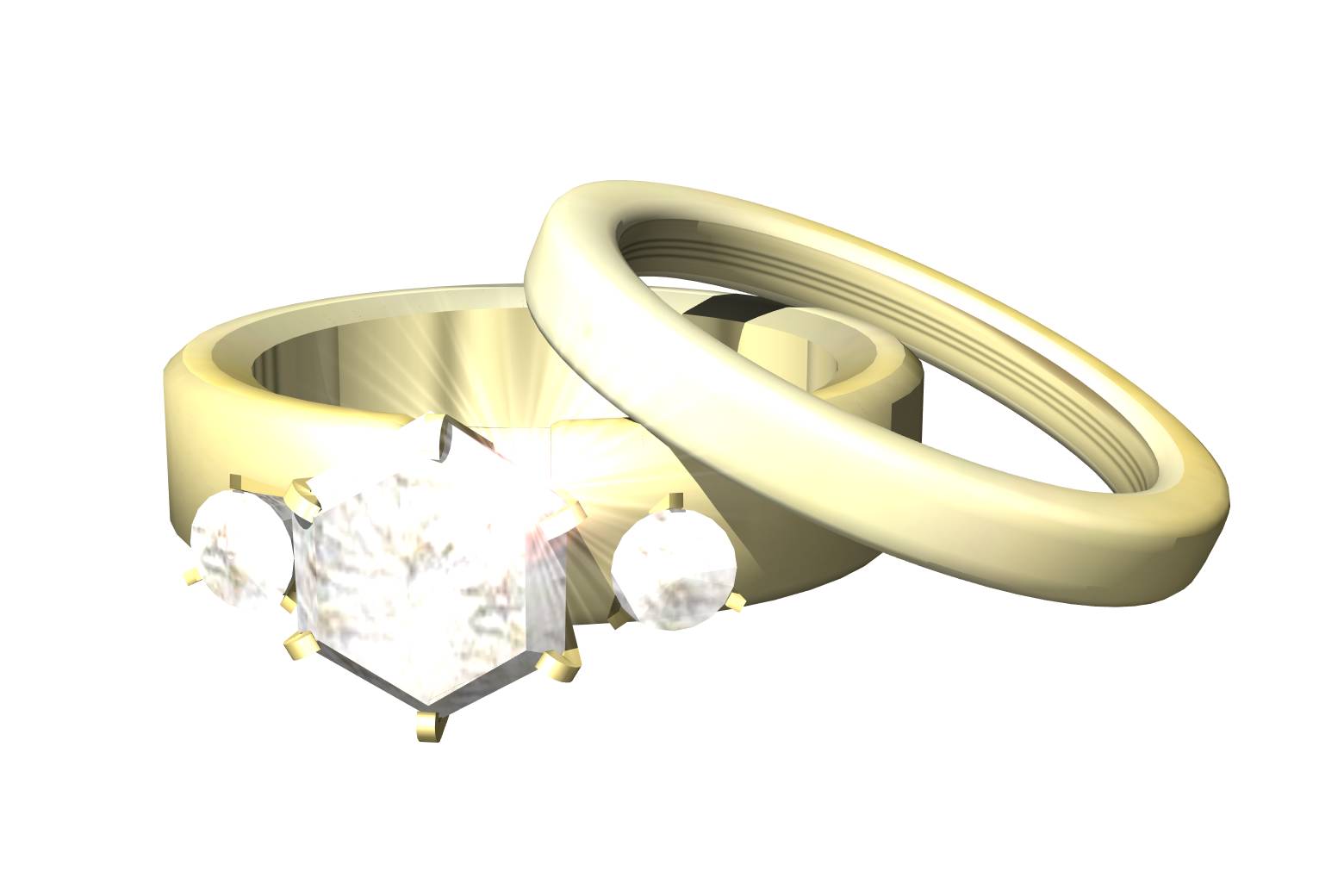Isaac—A Character Sketch
He was successful and blessed. (Gen 26:12)
He was obedient to his father. At age 37 Abraham bound Isaac to the altar (in Heb. called the akeidah, Gen 22).
Isaac was obedient to marry Rebekah, his parents’ choice, unlike Esau who married a heathen girl.
He trusted and had faith in his parents even as he trusted his life with his father at the akeida.
He had deep and personal relationship with YHVH.
Here we learn that obedience to and faith in and love for parents leads to devotion to YHVH. Honoring one’s parents is the key to honoring YHVH and entering into relationship with him. That is why the fifth commandment to honor one’s parents is placed after the commands to love Elohim. In Genesis 24:63 and 25:21, (see The Stone Tanach rendering of this verse in addition, The ArtScroll Beresheis, p. 1048, which says Isaac prayed abundantly and urgingly, i.e., persistent prayer, a penetrating prayer or request), we see that Isaac had a deep and personal relationship with his Creator.
He had strong faith. Though childless and barren, Isaac and Rebekah kept their faith in the promises of YHVH alive (Gen 25:19–26). In verse 21 we see Isaac seeking YHVH for the answers to life’s dilemmas and tough problems (he had a vibrant and abiding relationship with his Heavenly Father). The same can be said of Rebekah (v. 22).
He was a peacemaker with his neighbors to his own hurt in that he didn’t assert his personal (even legal) rights.
Though opposed in the digging of wells, he refused to feud over his legal rights to these wells. He avoided strife and quarreling with his neighbors. After digging the third well, YHVH brought comfort to Isaac’s weary soul (Matthew Henry’s Commentary, p. 38).
He was charitable toward his unsaved neighbors. Though Abimelech and his Continue reading →
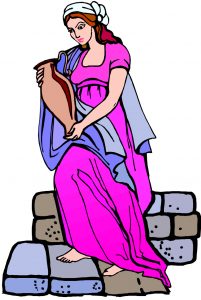 their scheming , just acquiescence and acceptance of the fact that his younger son was YHVH’s choice to carry on patriarchal lineage and covenant.
their scheming , just acquiescence and acceptance of the fact that his younger son was YHVH’s choice to carry on patriarchal lineage and covenant.

